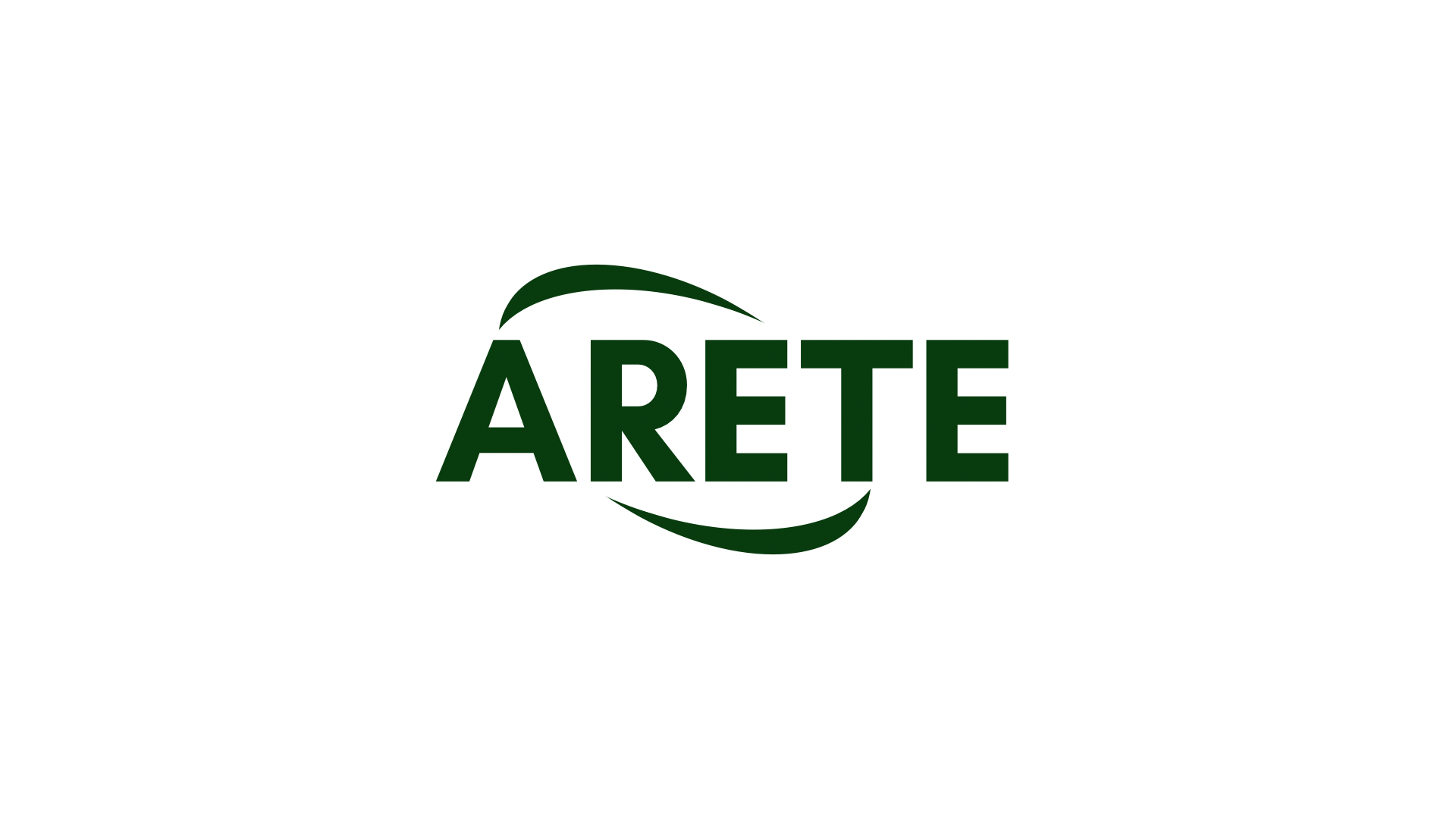“Hovering Cryptocurrency Risks: Systemic Threats and the Potential Benefits of Proof-of-Stake (PoS)”
The cryptocurrency market has seen significant growth in recent years, with prices skyrocketing and new altcoins being launched every day. However, beneath the surface lies a complex web of risks that could potentially lead to widespread crashes and destruction. In this article, we delve into the world of crypto, exploring the concept of systemic risk, the benefits of proof-of-stake (PoS) consensus algorithms, and the revolutionary Raydium (RAY) protocol.
Systemic Risk in Crypto
The cryptocurrency market is heavily influenced by traditional financial systems and economies. The value of cryptocurrencies can be volatile, and their prices are often driven by speculation, sentiment, and market sentiment rather than underlying fundamentals. The lack of transparency and accountability makes cryptocurrencies vulnerable to systemic risks that can arise from a variety of sources, including:
- Central Bank Digital Currencies (CBDCs): As governments increasingly explore the use of digital currencies, there is a growing risk that CBDCs could disrupt the traditional financial system and lead to a loss of trust in fiat currencies.
- Regulatory tightening: Tighter regulation could limit the growth of the cryptocurrency market and impose significant costs on businesses, potentially leading to widespread job losses and economic instability.
- Market manipulation: Sophisticated actors can exploit network weaknesses and manipulate price movements, creating systemic risks that are difficult to detect.
Proof-of-stake (PoS) consensus algorithm

PoS is a consensus algorithm used by many blockchain networks to secure transactions and validate new blocks. The basic idea behind PoS is that validators are selected based on their stake in the network, rather than their mining power or computational capabilities. This approach has several advantages, including:
- Energy efficiency: PoS is generally more energy efficient than traditional Proof-of-Work (PoW) algorithms, making it a more environmentally friendly choice.
- Reducing environmental impact
: By utilizing on-chain resources and reducing the need for external verification, PoS can help mitigate the environmental impact of the cryptocurrency ecosystem.
Raydium (RAY), built on the Cosmos SDK, is a decentralized finance (DeFi) protocol that uses a unique stake consensus algorithm. Raydium’s innovative approach to DeFi has attracted significant attention from institutional investors and traditional financial institutions looking for new ways to generate returns.
Raydium: A New Era in DeFi
Raydium’s PoS consensus algorithm is designed to offer several advantages over traditional blockchains, including:
- Lower Transaction Fees: Raydium’s PoS algorithm reduces transaction processing costs, making it more attractive to users and developers.
- Enhanced Security: Raydium’s staking model offers a more secure way to validate transactions, reducing the risk of attacks and other security threats by 51%.
By exploring the intersection of systemic risk and PoS consensus algorithms, we can gain a deeper understanding of the potential benefits and challenges facing the cryptocurrency market. As Raydium continues to innovate and expand its reach, it is clear that this DeFi protocol has the potential to revolutionize the way we think about decentralized finance.
However, as with any high-risk investment or financial endeavor, there is no guarantee of success. It is essential that you approach Raydium (RAY) and other cryptocurrencies with caution and thorough research before investing. Always remember:
- Conduct thorough research on any cryptocurrency or DeFi protocol before investing.

